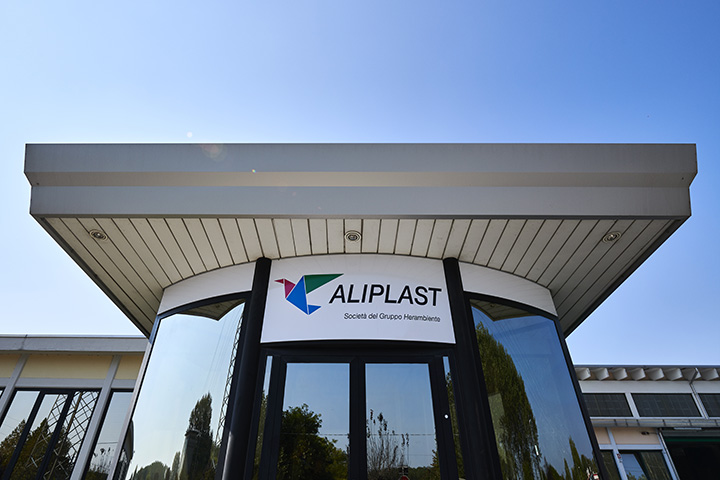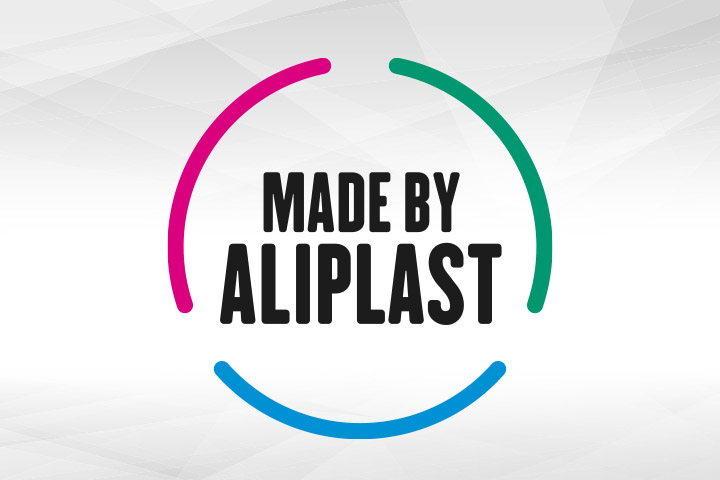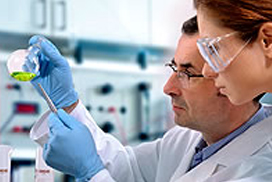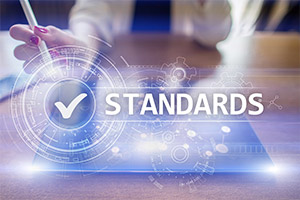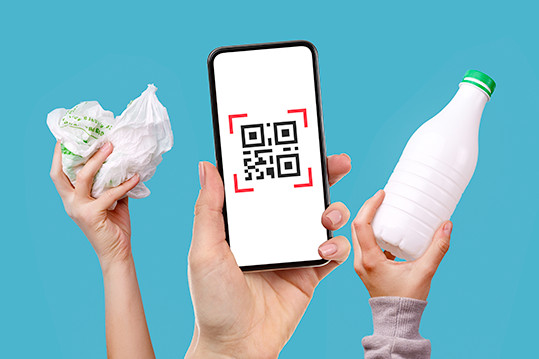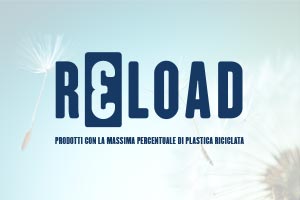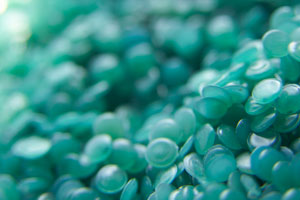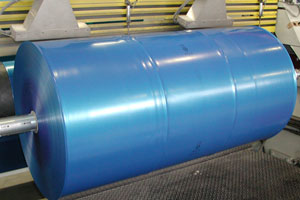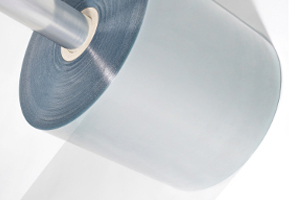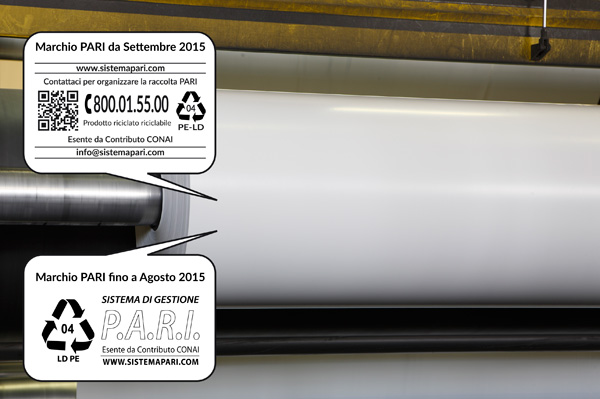Modena: the new plant for recycling rigid plastics

High production capacity, low environmental impact
The new Aliplast plant dedicated to the treatment and recycling of rigid plastics is currently under construction in Modena. This strategic investment consolidates Aliplast's role as a benchmark for the circular economy at national level. The work is expected to be completed by the end of 2025.
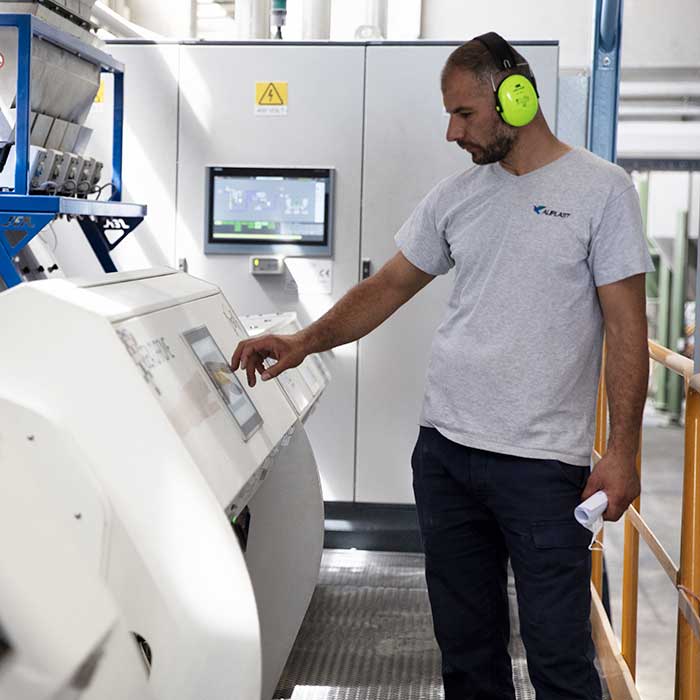
The new plant, one of the most innovative in Europe, will use a highly automated process to produce up to 30,000 tons of high-quality recycled polymers from rigid plastic waste, which is among the most difficult to recycle effectively, sourced mainly from sectors such as consumer electronics and automotive.
Plant figures
| 30,000 tons per year Processed rigid plastic waste (pre- and post-consumer industrial waste, post-consumer municipal waste) for the production of recycled plastic material including HDPE, PP, PO, and other types. | 40,000 estimated tons per year Equivalent CO2 emissions saved |
| EN15343 Compliance of recycled plastic in granules or pellets with European standards |
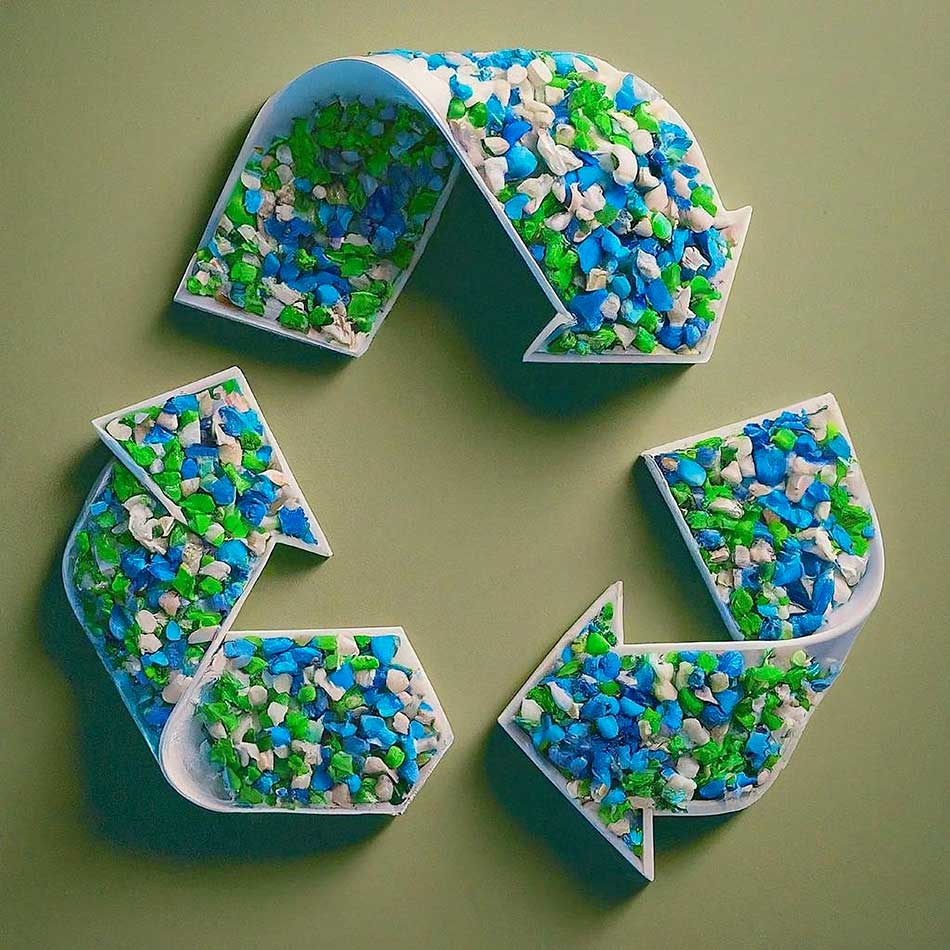
Quality of recycled material
Recycled polymers will be able to guarantee high-level quality characteristics thanks to the upcycling process, a regeneration method that enhances the quality of the original polymer.
In this way, the materials leaving the plant can also be reused in the same sectors in which they originated, with performance similar to that guaranteed by virgin materials: even sectors characterized by significant environmental impacts will thus be able to increase their sustainability.
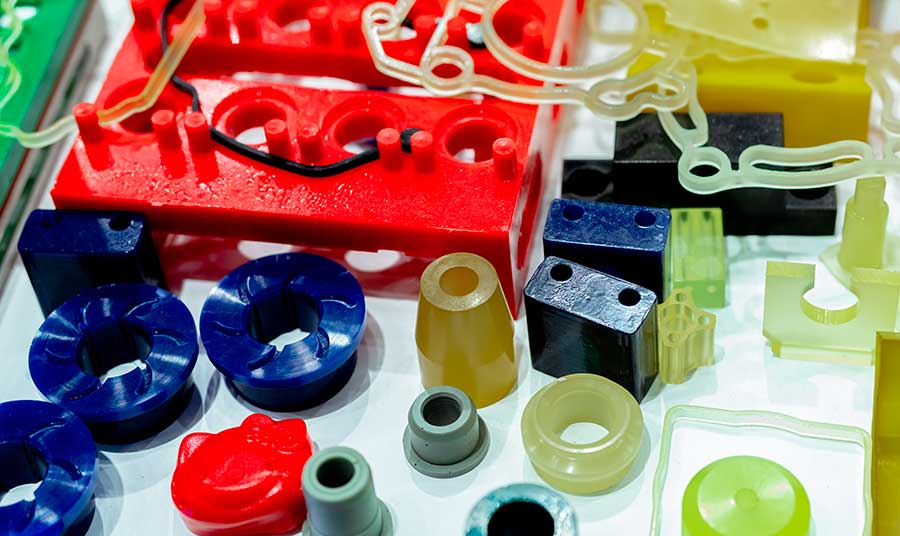
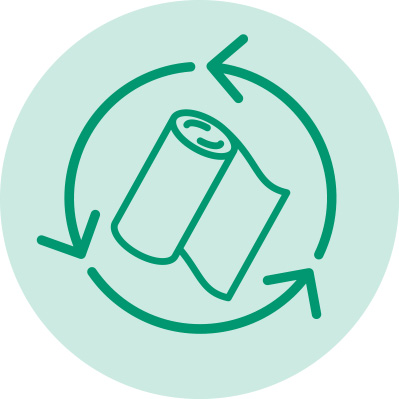
A truly circular plant
The new Aliplast plant for advanced recycling of rigid plastics is located within the Hera Group's Modena plant complex, a setting that will allow for the exploitation of industrial synergies geared towards sustainability. In particular, it will be powered by electricity produced by the nearby waste-to-energy plant, while the recycling process will use water from the purification plant, which will then be returned to the plant, thus closing a virtuous circle.
This is a stimulus for our country's production system to achieve its goals of resource circularity and the promotion of increasingly shorter and more sustainable supply chains.
Contact us
Do you need more information about our services and products?
Fill the form below and send your request.



